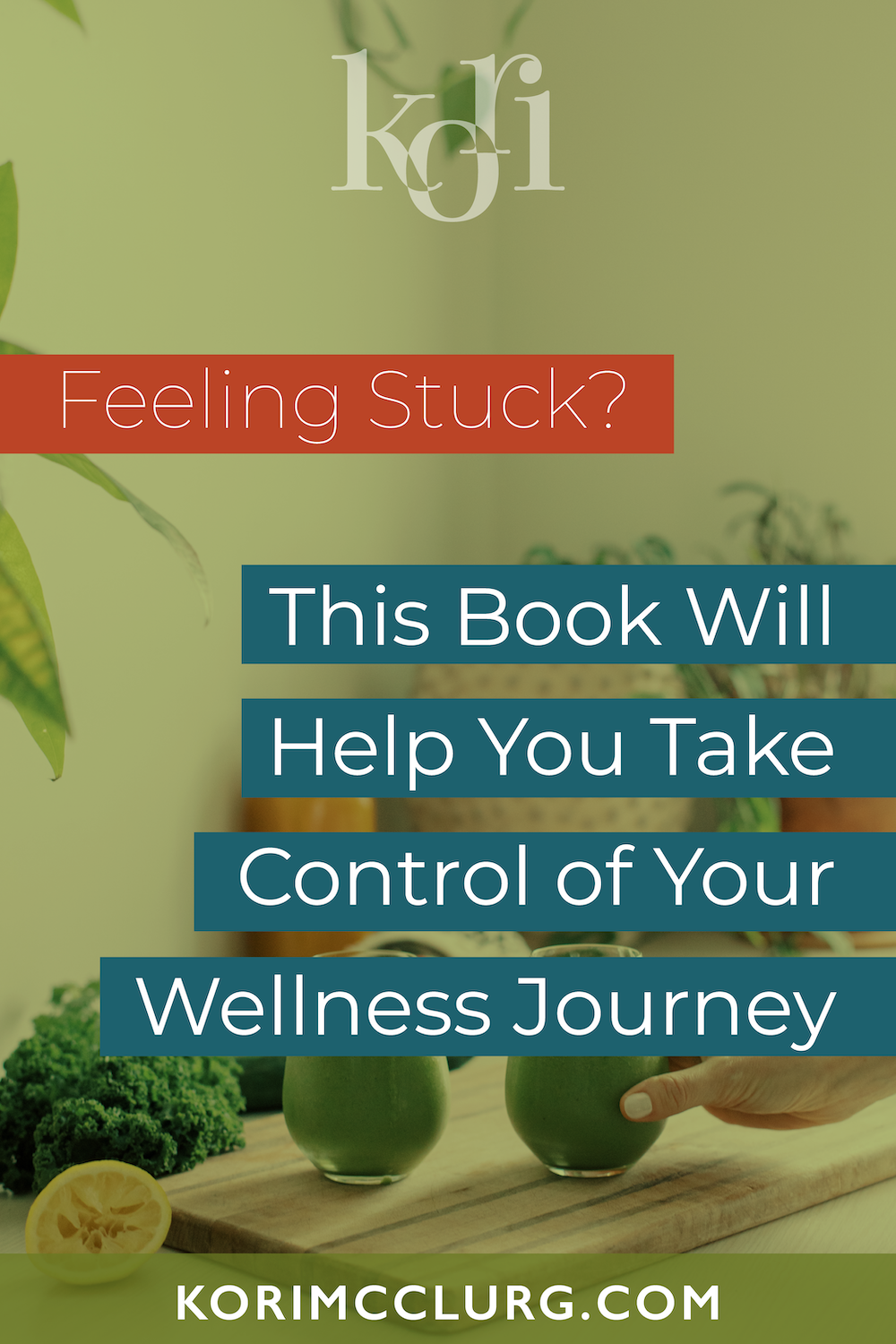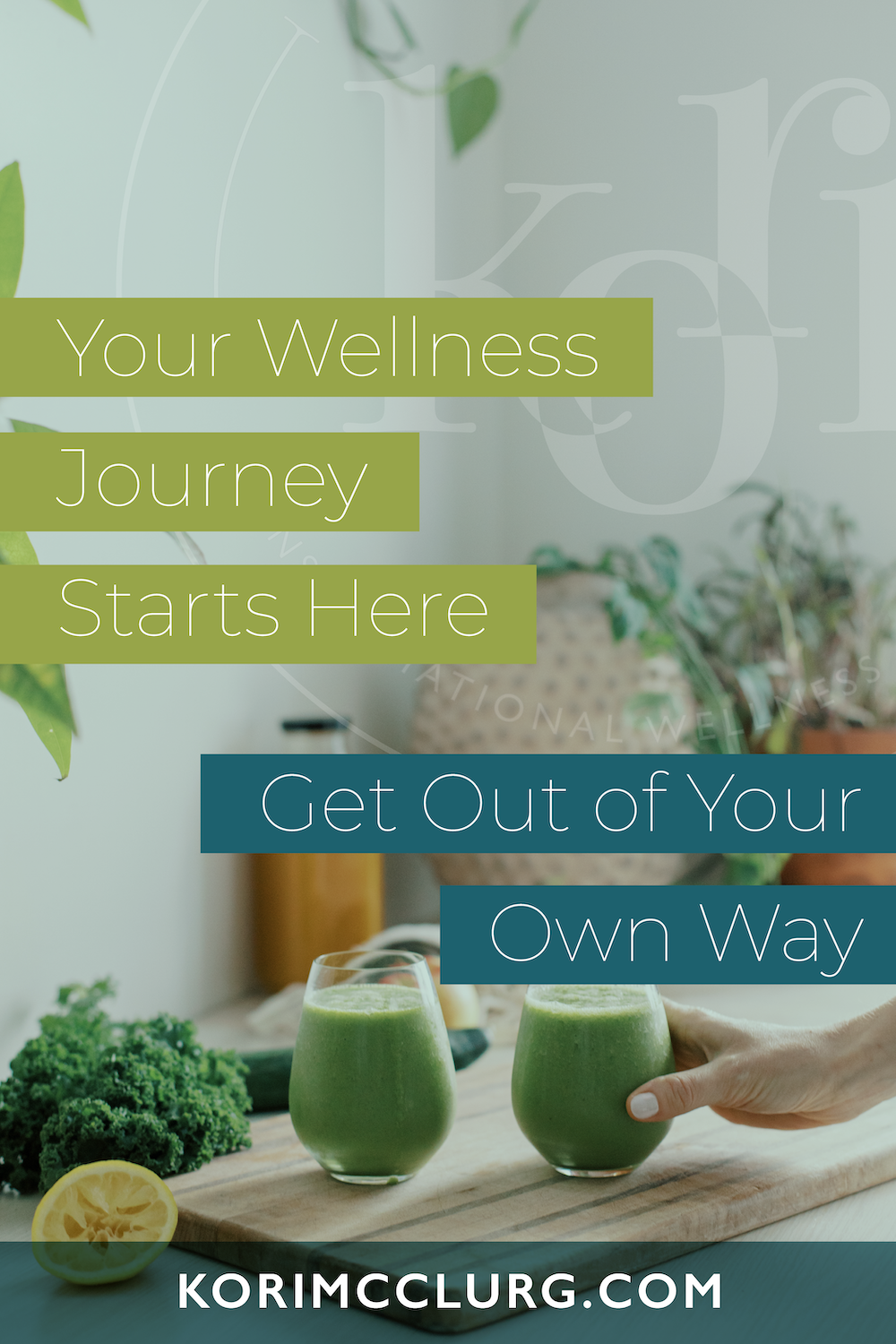Many people struggle with making lasting changes to their health. They know what to do—eat better, exercise, reduce stress—but for some reason, they just can’t seem to stay on track with their desired wellness journey.
If this sounds familiar, you’re not alone. The reality is that most people don’t fail because they lack knowledge. They fail because their brains are working against them. Let me explain.
Willpower is BS
One of the biggest myths in health and wellness is that willpower is the key to success. Many believe that if they could just summon enough self-control, they’d finally be able to eat healthier, lose weight, or break bad habits.
But the truth is, willpower is an unreliable tool. It’s a finite resource that gets depleted throughout the day, making it impossible to sustain long-term change with sheer determination alone.
Instead of relying on willpower, a better approach is to understand how your brain works and how to set yourself up for success. A major concept to grasp is that shame and self-criticism don’t lead to better outcomes.
Many people believe that being hard on themselves will keep them accountable, but research shows that shame actually drives people deeper into destructive patterns. If you’ve ever beaten yourself up for a slip-up, only to spiral further into unhealthy habits, this is why. Compassion and curiosity about your own behaviors are much more effective tools for change.
Emotions, Biology, and Your Environment
Another key point to recognize is that emotions play a significant role in decision-making on your wellness journey. Many people dismiss emotions as unimportant, but in reality, they drive nearly every choice we make. Emotions evolved as survival mechanisms, guiding us toward behaviors that keep us alive and connected to others. In modern society, however, this system is being hijacked.
Highly processed foods, social media, alcohol, and other substances flood our brains with dopamine, making them nearly impossible to resist.
Understanding that this is a battle between biology and the modern environment—not a personal failure—can help shift the way you approach change.
Become an Observer of Your Own Thoughts
One strategy to regain control is to become an observer of your own thoughts rather than identifying with them. Many people assume that their thoughts define them, but this isn’t true. Just because you think something doesn’t mean it’s an accurate reflection of reality. By stepping back and examining your thoughts with curiosity rather than judgment, you can start to recognize patterns that may be holding you back.
Liminal Thinking
A related concept is liminal thinking, which refers to the subconscious beliefs that influence your behavior. These are often the root of self-sabotage. For example, if deep down you believe you’re destined to fail, your brain will find ways to make that belief come true. Recognizing these hidden thought patterns is the first step in changing them.
Cognitive Dissonance
Cognitive dissonance also plays a major role in behavior change. This occurs when your actions don’t align with your values. For instance, if you believe in prioritizing health but find yourself eating fast food daily, your brain will experience discomfort. To resolve this discomfort, it will try to justify the behavior (e.g., “I deserve this treat” or “One meal won’t hurt”). Becoming aware of these justifications can help you break free from self-defeating cycles.
Making Changes That Last
So, how do you actually make lasting changes? One powerful method is setting emotion-based goals rather than behavior-based ones. Instead of saying, “I want to lose weight,” ask yourself, “How do I want to feel?”
Focusing on feelings like confidence, energy, or peace of mind makes goals more meaningful and sustainable. When you work toward a feeling rather than a number on the scale, your actions will naturally align with that desired state.
Another important step is reaching a state of unconscious competence. This is the stage where healthy habits become second nature.
There are four stages of learning:
- Unconscious incompetence (not knowing there’s a problem)
- Conscious incompetence (knowing there’s a problem but not knowing how to fix it)
- Conscious competence (actively working to fix it but needing constant effort), and
- Unconscious competence (where the behavior becomes automatic).
Many people get stuck at conscious competence because they’re still relying on willpower. The goal is to move past this stage so that healthy habits feel effortless.
If you’ve been struggling with making changes, one of the best things you can do is stop trying so hard. Instead of forcing yourself into new behaviors, focus on understanding what’s driving your current ones.
Start by paying attention to your thoughts and emotions without judgment. Recognize when cognitive dissonance or limiting beliefs are at play. And most importantly, celebrate small wins along the way.
Celebrate Your Progress and Keep Going on Your Wellness Journey
Many people hesitate to celebrate progress because they feel like they “should have already been doing this.” But this kind of thinking is counterproductive. You are where you are for a reason, and every small step forward deserves recognition. Reinforcing positive change with small celebrations makes it easier to sustain motivation and build momentum.
The modern world is designed to work against our natural instincts, making it harder than ever to make healthy choices. But by understanding how your brain operates, recognizing subconscious patterns, and focusing on emotional goals, you can finally break free from cycles of frustration and self-doubt.
The key to lasting health isn’t willpower—it’s awareness, strategy, and self-compassion. Once you shift your mindset, you’ll find that taking care of your body and mind doesn’t have to feel like a battle—it can actually feel natural and effortless.
Want more of this? Grab a copy of my new book, Get Out of Your Own Way on Amazon!
Then, check out the full episode of the Get Out of Your Own Way podcast below.
Save for later—Pin This Post!





Liked this post? Check out these posts, too:
March 27, 2025
All content ©Kori McClurg 2025
Branding & Site Design by Moriah Riona Branding
All content ©Kori McClurg 2025